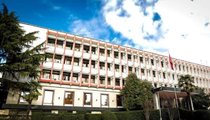Drought "paralyzes" the Western Balkans - Extreme heat threatens agriculture and energy in the countries of the region

The Western Balkans are experiencing a severe drought due to the African heat wave. Countries in the region are facing water crises and declining energy production.
The Western Balkans region is facing a significant drought, as the heat wave spreading across Europe, caused by an African anticyclone, continues to create problems with agriculture and electricity.
Temperatures in central Albania reached 40 degrees Celsius the day before, and meteorologists warned that there would be a lack of rain until September. The country's rivers are almost dry due to scant rainfall during the winter and spring.
The high temperatures have prompted Albanian authorities to help local agriculture with irrigation networks. A project to divert water from the northern Mat River to irrigate about 40 square kilometers of farmland in the area was completed a few days ago. It has also had a negative impact on Albania’s energy production, which comes mainly from the country’s hydroelectric power plants in the north. The national energy corporation spent up to 60 million euros on imported energy in the first half of this year.
Serbia's state meteorological institute has also warned that "extreme drought" is affecting the country's crops, while water levels in rivers and lakes have dropped. Small towns and villages across the country are facing drinking water restrictions.
In Kosovo, a water shortage has closed an outdoor swimming pool in the capital Pristina, which people used to cool off in the summer heat. The Gërmia pool, located on the outskirts of the city and part of a regional park, was built in the late 1980s as a recreational destination and is considered one of the largest on the continent. At this time last year, the pool was attracting between 4,000 and 5,000 visitors each day. But this year, pool staff were unable to provide the 20,000 cubic meters of water needed to keep the facility running properly.
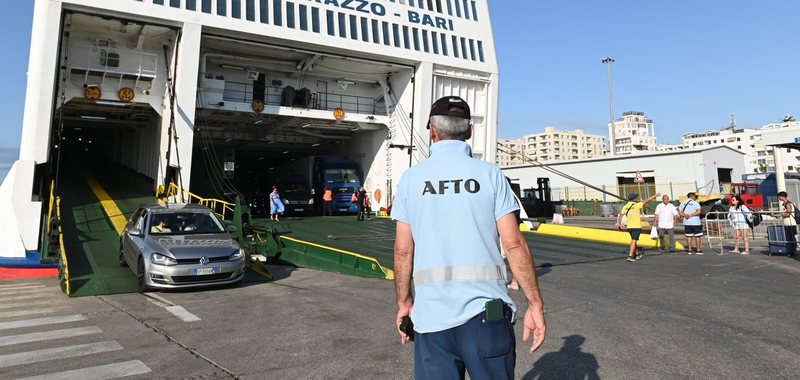
Tourist flows at the Port of Durres, measures for efficient service!
In the context of the 2025 summer tourist season, the Durres Port Authority has launched the implementation of a detailed plan of measures to guarantee an......

Ministers Malaj and Murati, joint inspection visit to the Morinë-Vërmicë customs branch
The Minister of Finance, Petrit Malaj, held a meeting with the Minister of Finance, Labor and Transfers of the Republic of Kosovo, Hekuran Murati. This......
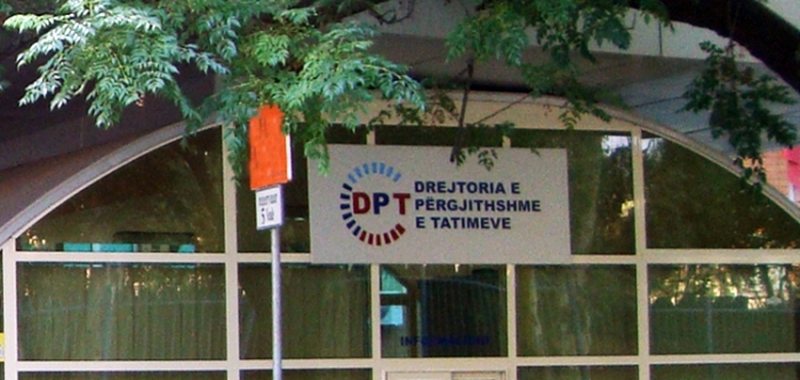
Taxes: Bankers Petroleum created fraudulent schemes to avoid taxes and obtain VAT refunds
The General Directorate of Taxes has reacted regarding the investigation against the company Bankers Petroleum Albania Ltd. According to the DPT, the action......
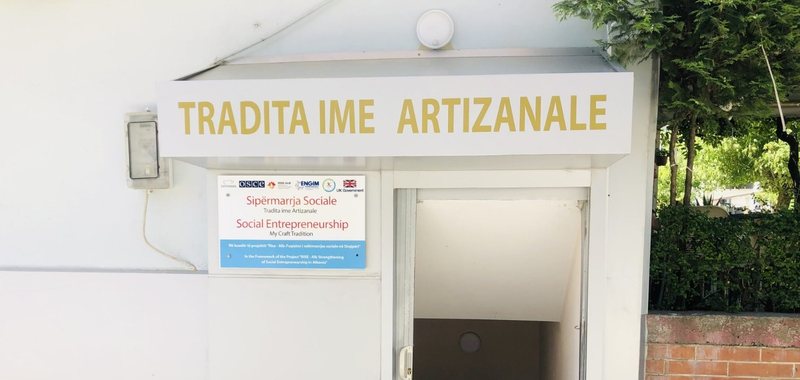
From crime to community service – AAPSK opens call for social project ideas on confiscated assets!
Assets confiscated from criminal activities are expected to be turned into instruments for development and social inclusion. The Agency for the......

Road Safety/ ARA: 19 new employees joined the QKMT staff!
The Albanian Road Authority announces that today 19 new employees joined the staff of the National Traffic Monitoring Center. "Their joining the QKMT team......

European standard for personal data protection - Commissioner Dervishi: It is a legal obligation for the public and private sector
"The Role and Duties of the Personal Data Protection Officer" was the topic of the activity held by the Office of the Commissioner for the Right to......

Tirana "can't get enough" of loans - BoA: 17% growth in the capital. Vlora, less demand for financing from banks
The loan taken out by the citizens of Tirana has set a new record in the first quarter of 2025. The latest data from the Bank of Albania shows that the value......
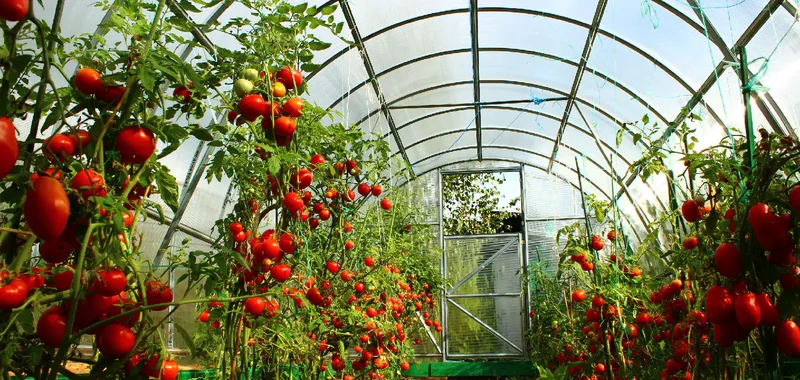
Vegetables and olive oil at the top of inflation/ Agricultural product costs increased by 4.8% in 2024
In 2024, the annual agricultural product price index reached 149.6 from 142.8 in 2023, marking an increase of 4.8%. The largest increase was recorded in......








